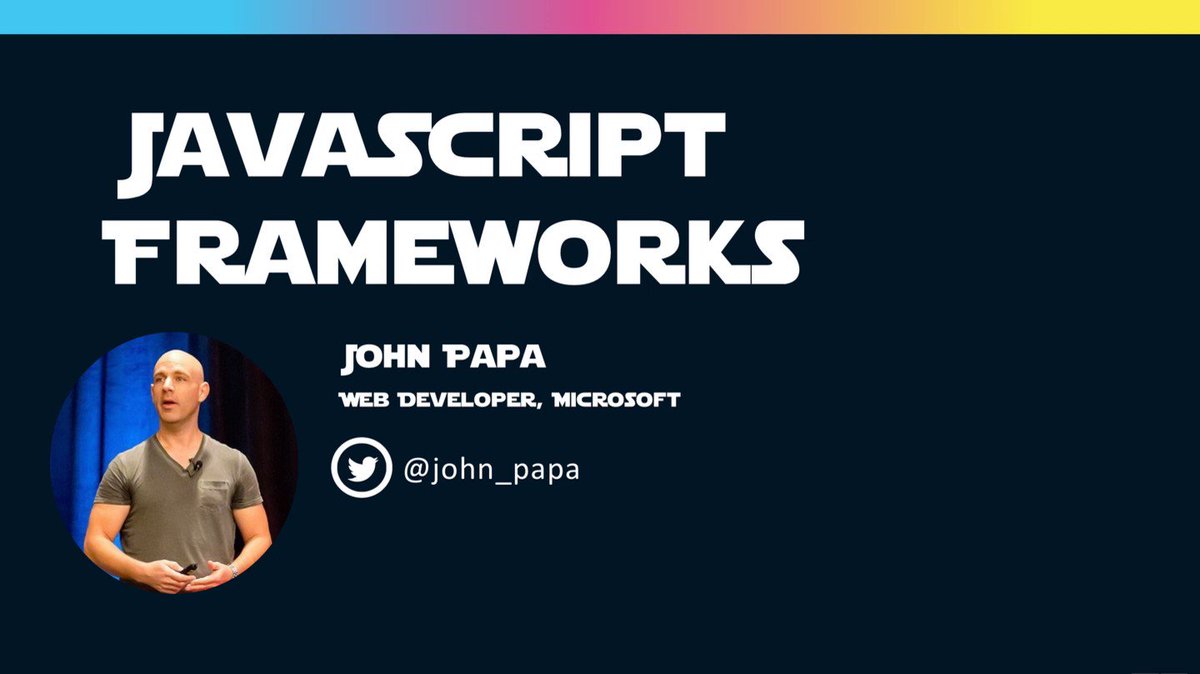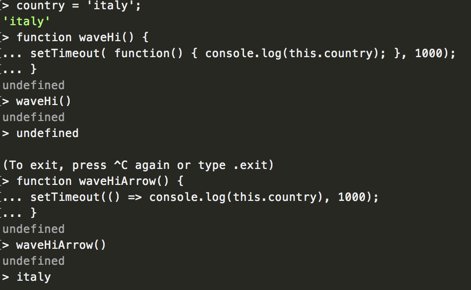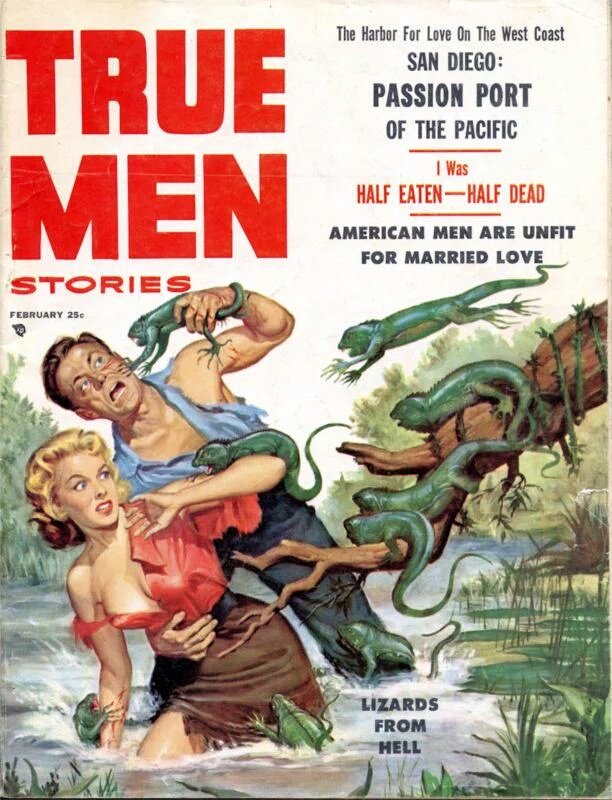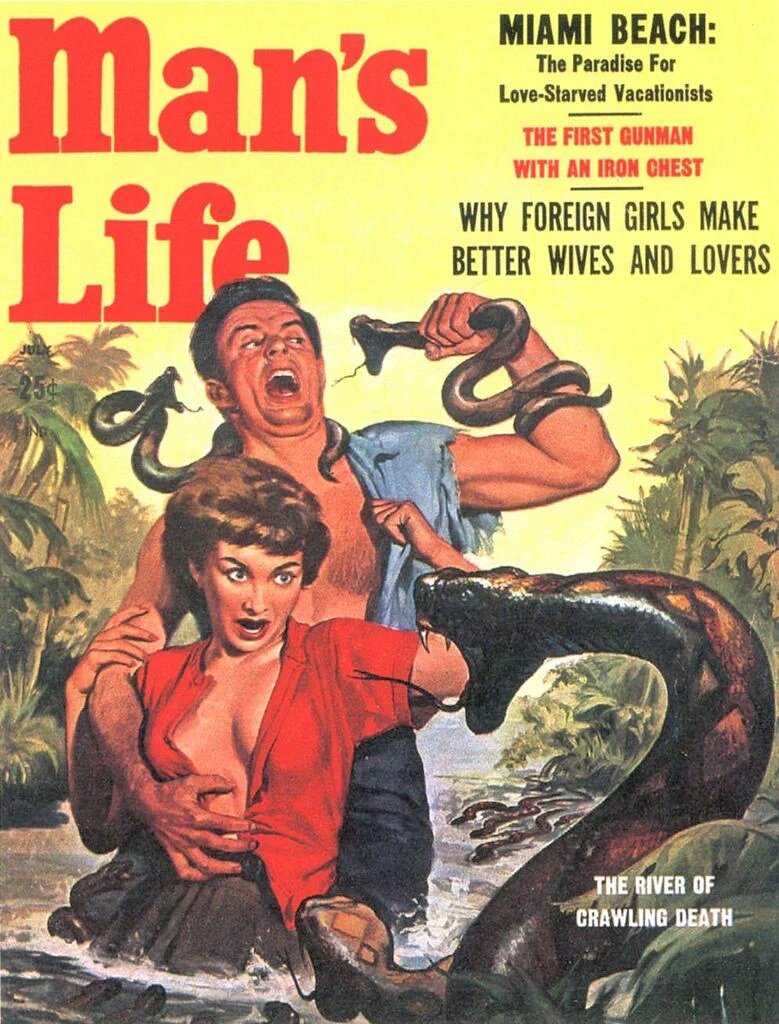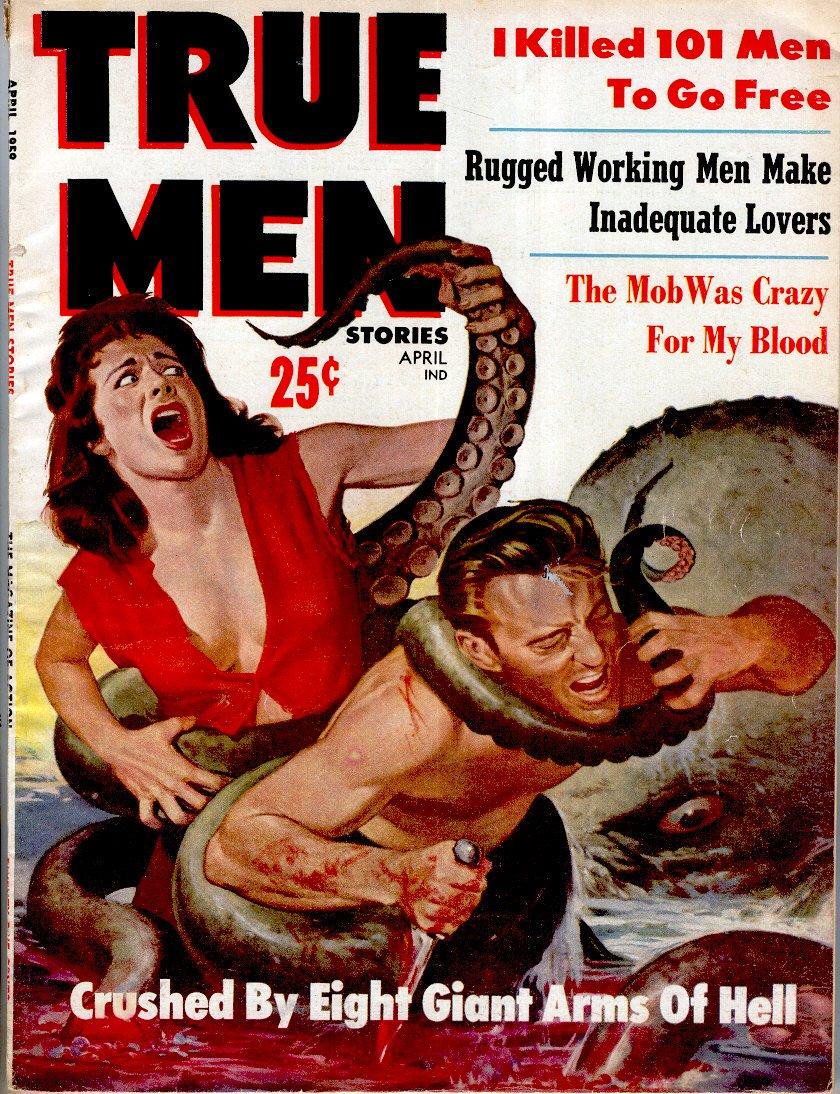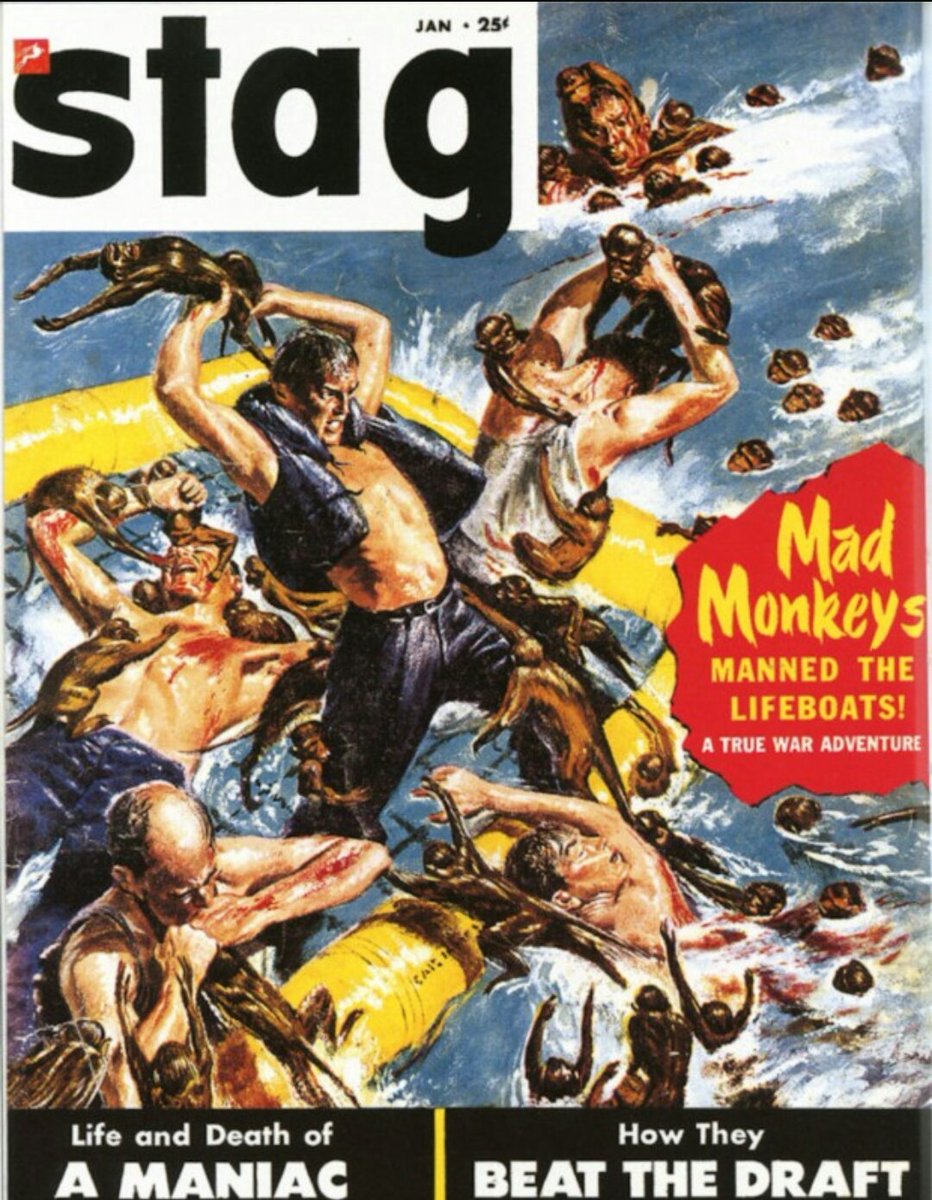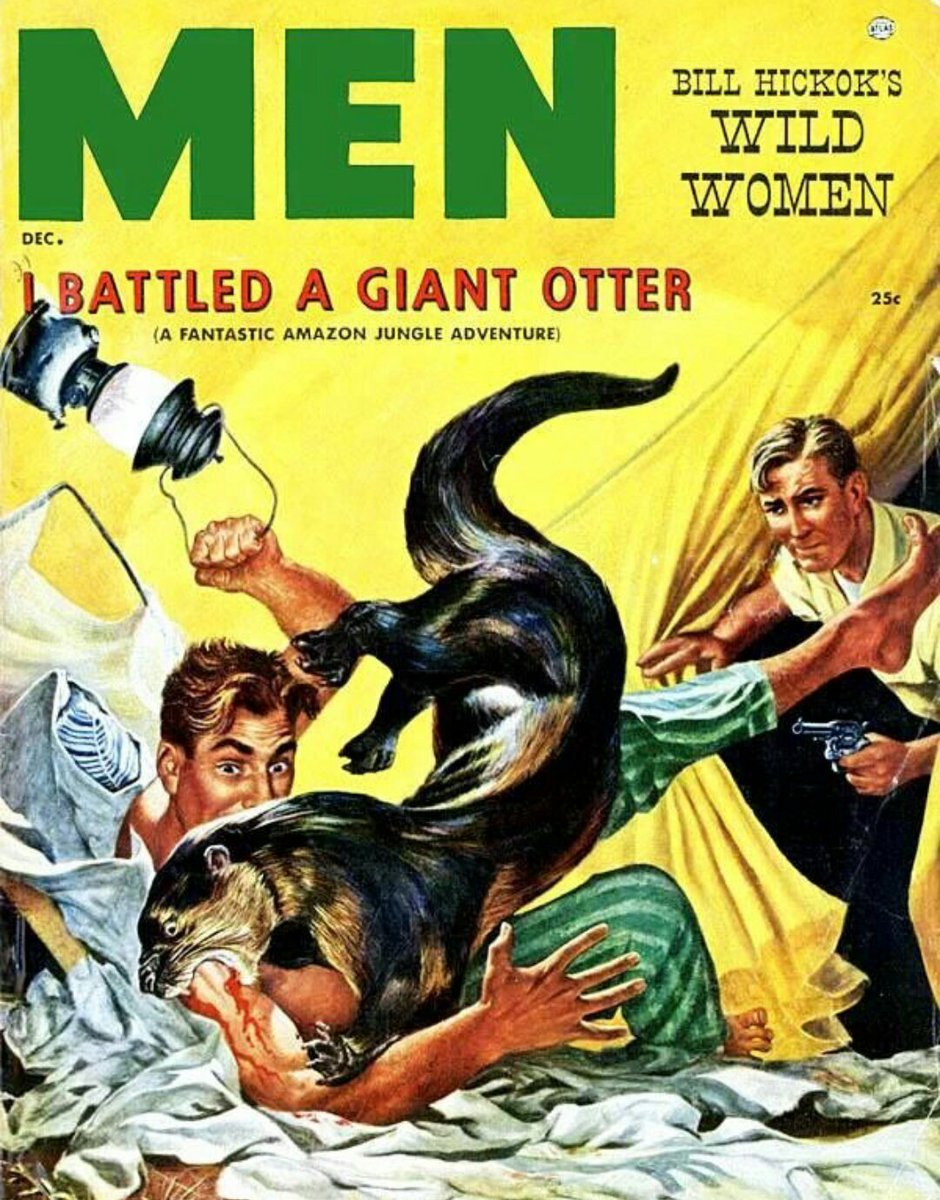Donald Trump’s presidency was defined by multiple financial conflicts of interest and unprecedented abuses of power. Here are some of the most important things we’ve uncovered about Trump’s actions in office — and what we’re still
https://t.co/gR0u7dS8fj
https://t.co/tlzhWOkPHz
-What did Trump’s DOJ tell federal prosecutors about pursuing and publicizing “voter fraud” allegations in the leadup to the election?
-Did the administration stifle the release of information about foreign actors attempting to interfere in our elections?
-What role did the president and the White House play in the delay of the ascertainment of presidential transition?
https://t.co/CitKHxVm17
https://t.co/Fj4dYDGD5u
-How have agencies responded to Trump’s pardons, and who was involved?
-How did DOJ, DHS, and Defense respond to Trump’s insistence on a militarized response to nationwide protests?
https://t.co/rGMt1QmZ0Y
https://t.co/80z409sWNl

-a cozy relationship between the White House & private-sector actors working on pandemic response
-details about the WH’s efforts to control messaging this spring— including its heavy-handed approach to HHS communications.
https://t.co/SzdN3C37NC
We still want to know:
— American Oversight (@weareoversight) December 28, 2020
-What did Trump\u2019s DOJ tell federal prosecutors about pursuing and publicizing \u201cvoter fraud\u201d allegations in the leadup to the election?
-Did the administration stifle the release of information about foreign actors attempting to interfere in our elections?
https://t.co/vTyAw8OjSj
-How has the White House’s pandemic response left more Americans at risk?
-What were the full details and timeline of Trump’s Covid-19 illness?
-To what extent were officials warned about the dire risks of hosting large events?
https://t.co/5Gfo0jIOTZ
https://t.co/3sLFDV28ng
https://t.co/oWsBNr5T8n
https://t.co/CJ4ym34Z2c
-Did Trump and the White House direct key agencies to obstruct the impeachment inquiry?
-To what extent did Trump’s key allies enable his corrupt dealings with Ukraine?
https://t.co/633bMd2wPS
We obtained a receipt of US Ambassador to Britain Woody Johnson\u2019s taxpayer-funded stay at Trump Turnberry, the president\u2019s resort in Scotland, reports @MartynMcL of the @TheScotsman. https://t.co/l3gK0dJtnD
— American Oversight (@weareoversight) October 7, 2020
https://t.co/luOGGsNGSF
-How much money have the federal government and other countries spent at Trump’s properties during his presidency?
-What was Trump’s personal involvement in scrapping a plan to relocate the FBI headquarters?
https://t.co/qMMnsQXY96
More from Trump
You May Also Like
Like company moats, your personal moat should be a competitive advantage that is not only durable—it should also compound over time.
Characteristics of a personal moat below:
I'm increasingly interested in the idea of "personal moats" in the context of careers.
— Erik Torenberg (@eriktorenberg) November 22, 2018
Moats should be:
- Hard to learn and hard to do (but perhaps easier for you)
- Skills that are rare and valuable
- Legible
- Compounding over time
- Unique to your own talents & interests https://t.co/bB3k1YcH5b
2/ Like a company moat, you want to build career capital while you sleep.
As Andrew Chen noted:
People talk about \u201cpassive income\u201d a lot but not about \u201cpassive social capital\u201d or \u201cpassive networking\u201d or \u201cpassive knowledge gaining\u201d but that\u2019s what you can architect if you have a thing and it grows over time without intensive constant effort to sustain it
— Andrew Chen (@andrewchen) November 22, 2018
3/ You don’t want to build a competitive advantage that is fleeting or that will get commoditized
Things that might get commoditized over time (some longer than
Things that look like moats but likely aren\u2019t or may fade:
— Erik Torenberg (@eriktorenberg) November 22, 2018
- Proprietary networks
- Being something other than one of the best at any tournament style-game
- Many "awards"
- Twitter followers or general reach without "respect"
- Anything that depends on information asymmetry https://t.co/abjxesVIh9
4/ Before the arrival of recorded music, what used to be scarce was the actual music itself — required an in-person artist.
After recorded music, the music itself became abundant and what became scarce was curation, distribution, and self space.
5/ Similarly, in careers, what used to be (more) scarce were things like ideas, money, and exclusive relationships.
In the internet economy, what has become scarce are things like specific knowledge, rare & valuable skills, and great reputations.













